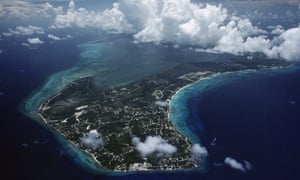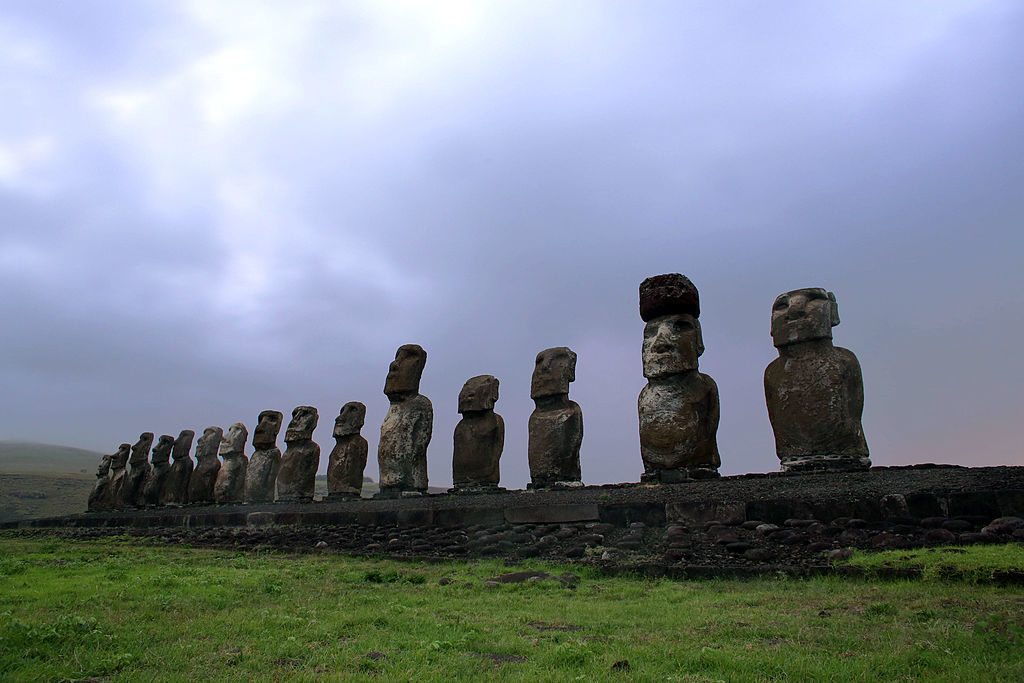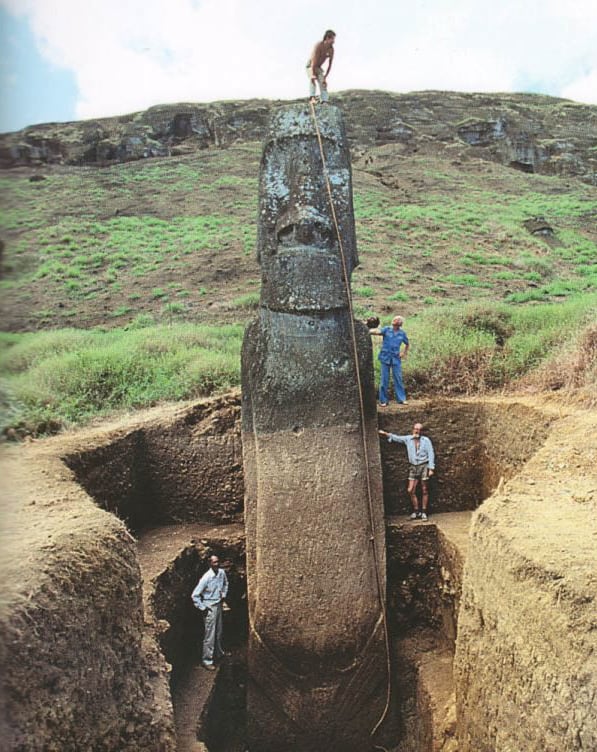"The territory's Cabinet had denied an earlier British "request" on August 3 for additional legal aid funds to continue to finance the Special Investigation and Prosecution Team (SIPT). As in the earlier case, the current decision of the democratically elected territorial government to deny said request was summarily overturned by the British Governor under his 'reserved powers' which constitute absolute authority in the 'overseas territory.' Colonialism has certainly not ended in the 21st Century, but continues in earnest, and has only taken on new dimensions." - a Caribbean academic.
______________________________________
Turks and Caicos Weekly News
FCO approves additional $3 Million for SIPT legal aid -Despite Cabinets denial
BY OLIVIA ROSE
THE FOREIGN and Commonwealth Office (FCO) has vetoed Cabinet’s decision to deny an additional $3 million dollars for legal aid in the (British) Special Investigation and Prosecution Team (SIPT) trials.
This was confirmed by the (British) Governor`s Office which revealed that the Governor referred Cabinet’s decision to the FCO in accordance with provisions in the Constitution.
The office told the Weekly News that: "The Minister for the Overseas Territories, Baroness Anelay, wrote to the Governor on 13 September instructing him under Section 3(4) of the TCI Chief Financial Officer Ordinance 2012 to direct the CFO to make the necessary arrangements for the budget allocation primarily for legal aid for the defendants in the trial as requested by the Chief Justice to be made available.”
According to the Governor`s Office the Minister’s decision was taken to ensure that the defence in the trial has access to the appropriate resources to which it is legally entitled so as not to compromise the compilation and presentation of its case.
"The Minister believes that this is essential for the continued good governance of TCI and the proper administration of justice.”
Cabinet on August 3 denied yet another request for additional legal aid funds made by the judiciary for the Special Investigation and Prosecution Team (SIPT) corruption trials.
According to media reports, noticeable changes have been made to the structure of the security detail for attorneys prosecuting the trial: all of the foreign security staff has been replaced by local officers.
This is a stark change, as since the start of the trial this year there have been several (more than five) specially recruited UK security personnel acting as bodyguards for the members of the Special Investigation and Prosecution Team (SIPT).
The Commissioner of Police also confirmed this change, but would not say why the change was made.
In the 2016/2017 budget $5.2 million was allocated to the SIPT under the police budget. $2.6million of that sum went to security for the prosecution team, and the remaining for housing and salaries, the Minister of Finance had told this publication.
An additional $4million has already been allotted in the current budget for legal aid costs.
In August last year, Governor Peter Beckingham had approved the initial $2.2M in a separate supplementary appropriation budget for security detail for the SIPT.
The SIPT and civil recovery process records indicate that the price tag has amounted to some $36 million to date, half of which was paid by the UK government.
Already nine months into the trial and prosecutors are already of the view that the trial could last way into 2017.
This realization has evoked widespread concern about the cost of the SIPT trials and its impact on the public`s purse.
Earlier this year, Minister of Finance Washington Misick categorically stated that the cost of the Special Investigation and Prosecution Team (SIPT) trial of former Premier Michael Misick and other corruption accused should be footed by the UK government.
He said: "My view is that those costs should be borne by Her Majesty’s UK Government.”
Misick said that the funds being spent on the trial could be used to further develop the country.
"We have a lot of things that we could be spending that money on, but at the end of the day, it says justice must not only be done it must be seen to be done, and sometimes the wheel of justice turns very slowly.
"My opinion and the opinion of the government and, I believe the majority of the people of the Turks and Caicos, is that if whatever purported wrong was done, it was done while we had a British Governor here and they were sleep-walking.
"If they can indeed prove that there’s been wrongdoing, they should pay for it.
"That is unfortunate and unfair to the people of the Turks and Caicos who have to foot that bill.”
This is not the first time a request was rejected for the SIPT trial; in August 2015 Premier Rufus Ewing rejected a request for $4.3million to provide security for Special Prosecutor Helen Garlick and her team.
The Premier's move was vetoed by the Governor who later approved the money from Government funds.
According to the 2016/2017 budget statements, the SIPT judicial cost was laid at some $5 million under revised statement for 2015 and 2016, while $4 million is slated for 2016/2017.
The Myrtle Rigby Health centre renovation for the SIPT trial was funded to tune of $1 million through a UK grant.
Since 2009, when they were accused of widespread corruption in the Sir Robin Auld report, Michael Misick and others have awaited their time before the judge.
Former Premier Michael Misick and several others are accused of defrauding the Government of millions of dollars.
Former Premier Misick, who is named as the main defendant in the trial, has since the beginning of the proceedings against him stated that he is being persecuted by the British government.
The SIPT trials began on December 18, 2015, after an in-depth four-year investigation into widespread Government corruption.
The hearings were expected to last six months, but the trial has seen many delays since it began.
And according to lead Prosecutor Queen’s Counsel, Andrew Mitchell it is very difficult to say when the corruption trial will end.
Mitchell recently disclosed that they have planned and timetabled the Crown’s case until June 2017.




